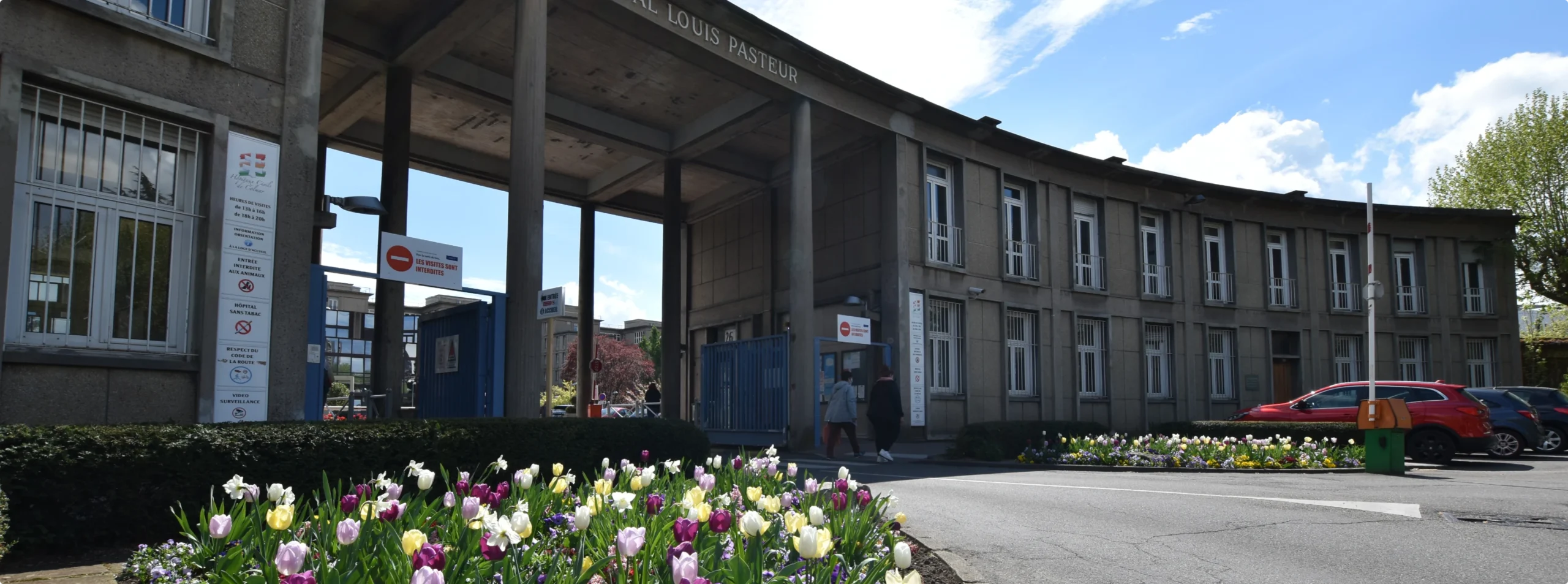Table of Contents
What is therapeutic patient education (TPE)?
L’World Health Organization (WHO) defines ETP as “an ongoing process, which aims to help patients acquire or maintain the skills they need to manage their life as best as possible with a chronic illness ».
It is an integral and permanent part of patient care.
What is it for?
It aims to help you and your family:
- has understand your illness and treatment
- has collaborate together to help you maintain and improve your quality of life.
ETP, for whom?
The ETP may be offered to you if you (child, adolescent or adult) have a chronic diseasewhatever its type, stage and evolution. It can also integrate your loved ones.
Participation in an ETP activity is libre et voluntary
Who is it implemented by?
The practice of ETP is regulated and is implemented by a multidisciplinary team made up of professionals and patient partners trained in Therapeutic Education. It takes place, most often, in the form of a program.
How does the therapeutic education program work?
Each program has its own organization but the approach remains the same:
- A member of the team, often your doctor, will suggest that you participate in the ETP program specific to your chronic illness.
- You will meet a member of the team who will offer you an individual interview to get to know you; to determine your difficulties and needs : this interview is the “ Shared Educational Assessment »
- At the end of this interview you will determine the list of thematic workshops adapted to your needs. This is the “ Personalized Care Project»
- You will participate in collective or individual workshops organized by a multi-professional team
These workshops, with various themesare designed to help you live with your illness and improve your quality of life.
They will allow you, for example, to:
- Understanding your illness
- Talk about treatment
- Know how to monitor, how to react in certain situations
- Know the actions and good habits to adopt in your daily life
- Be interested in nutrition or adapted physical activity
- Discuss fatigue, emotions, the views of others…
- Know your rights
A meeting at the end of the program will be offered to you to take stock of what the program has brought you and identify remaining needs.
**How does Therapeutic Patient Education differ from traditional medical models that primarily focus on disease management by healthcare professionals?**
## Interview: Empowering Patients Through Therapeutic Patient Education
**Introduction:**
Welcome to World Today News’ deep dive into Therapeutic Patient Education (TPE). Today, we’re joined by esteemed guests Dr. Emily Carter, a specialist in chronic disease management, and Sarah Jones, a patient advocate and TPE program graduate. Together, they’ll shed light on TPE, its benefits, and its impact on patient lives.
**Section 1: Understanding TPE**
*(Open with introductory remarks about the importance of patient empowerment in healthcare)*
**Interviewer:** Dr. Carter, could you define TPE for our viewers and explain its core principles? What sets it apart from traditional treatment models?
**Dr. Carter:** *[Explains TPE definition, emphasizing its focus on patient empowerment, collaborative care, and skill-building.]*
**Interviewer:** Sarah, from your perspective as a TPE program graduate, how would you describe TPE in your own words?
**Sarah:** *[Shares personal experience with TPE, highlighting how it helped her understand her illness, manage her symptoms, and feel more in control of her health.]*
**Section 2: TPE in Action: Benefits and Applications**
**Interviewer:** Dr. Carter, the article mentions that TPE is suitable for individuals with various chronic conditions. Can you elaborate on the range of illnesses TPE can benefit?
**Dr. Carter:** *[Provides examples of chronic conditions where TPE has proven effective. Highlights the program’s adaptability to individual needs.]*
**Interviewer:** Sarah, what were some of the key takeaways from your TPE program? What specific skills did you gain that have been helpful in managing your condition?
**Sarah:** *[Shares practical examples of learned skills, including symptom management, medication adherence, fostering communication with healthcare providers, and emotional coping strategies.]*
**Section 3: Collaborative Care: The Multidisciplinary Approach**
**Interviewer:** Dr. Carter, the article states TPE is implemented by a multidisciplinary team. Can you discuss the different roles these professionals play in supporting patients?
**Dr. Carter:** *[Explains the diverse expertise within a TPE team, highlighting the collaboration between doctors, nurses, therapists, dieticians, social workers, and patient partners.]*
**Interviewer:** Sarah, how did the collaboration between different professionals within the TPE program contribute to your overall experience?
**Sarah:** *[Discusses the value of diverse perspectives and support from various professionals in navigating the complexities of chronic illness.]*
**Section 4: TPE: Empowering Patients for the Future**
**Interviewer:** Dr. Carter, what future developments are you most excited about in TPE?
**Dr. Carter:** *[Discusses potential advancements in TPE, such as leveraging technology for remote access and personalized interventions.]*
**Interviewer:** Sarah, what advice would you give to individuals who are considering participating in a TPE program?
**Sarah:** *[Offers encouraging words, emphasizing the transformative benefits of TPE and encouraging viewers to take ownership of their health.]*
**Conclusion:**
**Interviewer**: Thank you both for sharing your valuable insights on TPE. It’s evident that this approach holds great promise for empowering patients and leading to better healthcare outcomes.


